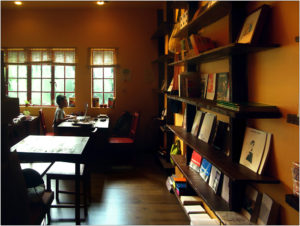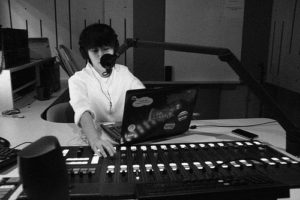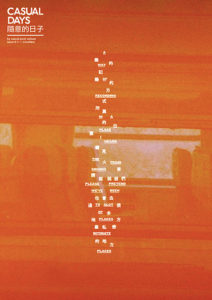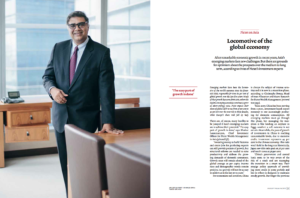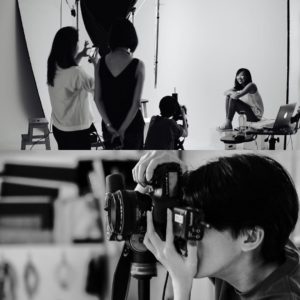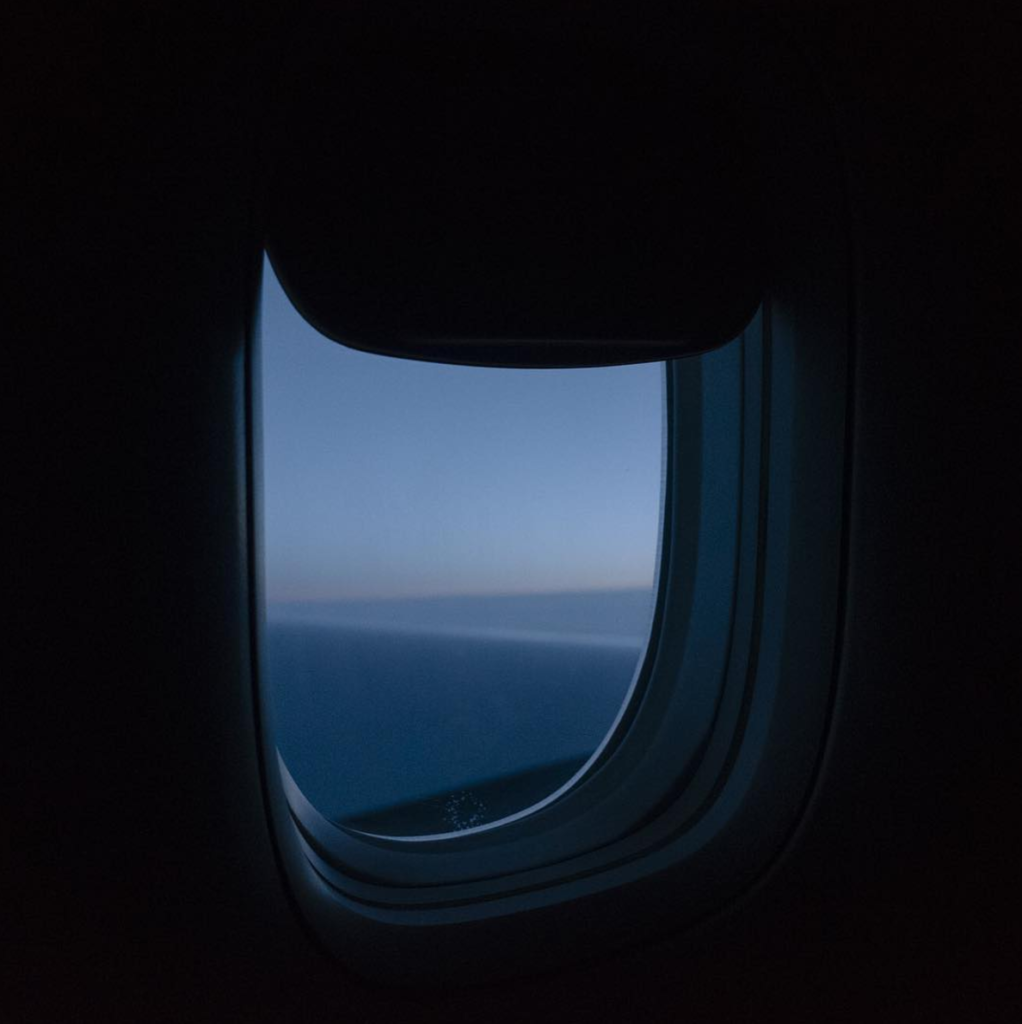
Nowadays, I find myself wanting less.
I want to buy less stuff, do less projects, set less goals.
In the meantime I want more meaning, more connection, more joy.
More life.
And what I have found is, wanting less makes me happy. Much happier than when I was wanting more.
The anguish of more; the happiness of less
Just a few days ago I was watching the documentary Minimalism.
It’s a film that suggests minimalism as an antidote – or THE antidote – to the havoc that rampant consumerism has wrecked on our lives, and the environmental impact it has on earth, our only home.
Rampant consumerism is us going crazy buying things that advertisers have promised can make us happier, skinnier, prettier, smarter, more successful. And at a faster and faster rate. (The promises are false by the way.)
Most of us are not immune to such promises – that includes you and me both.
And what is minimalism?
“Today’s problem seems to be the meaning we assign to our stuff: we tend to give too much meaning to our things, often forsaking our health, our relationships, our passions, our personal growth, and our desire to contribute beyond ourselves. Want to own a car or a house? Great, have at it! Want to raise a family and have a career? If these things are important to you, then that’s wonderful. Minimalism simply allows you to make these decisions more consciously, more deliberately.” – The Minimalists
I couldn’t have said it better.
One of the experts interviewed in the Minimalism documentary said this:
“We don’t actually want all these things that we buy – what we really want is to feel whole and content.”
And might I add, happy.
With that we come to the root of the problem: happiness, or the lack of it.
Since we are not happy, we go out into the world trying to find happiness in a new iPhone or a new branded bag or a pair of limited edition sneakers or a new house.
Don’t we all know people who have everything they want and are still not happy?
Having a big goal like buying a new house gives us the illusion that we are okay – as long as we don’t get there. During the chase we are happy (and motivated) enough, but the moment we make enough to own that new house, the bubble bursts. We realize it isn’t what we are looking for after all. Emptiness returns. We create a new goal to chase after.
Perhaps we will finally find happiness there?
(Hint: we won’t.)
If a pill were invented right now that could give us the happiness and sense of purpose and meaning that we are all universally looking for, I’d like to hedge a bet that we would buy far fewer things.
That’s because we never needed those things to be happy or to feel fulfilled in the first place. It’s like eating a truckload of ice cream after getting dumped. You don’t actually want to eat it – because it makes you fat – but it helps.
That’s the problem – it does make you feel better. Temporarily, at least.
Same with buying things.
Financial independence
If money can’t buy happiness, what can it buy?
I didn’t buy new clothes for Chinese New Year this year. I figured that it’s not necessary to buy new clothes just for the sake of buying new clothes. The money I saved? It goes to my Financial Independence Fund.
What’s my Financial Independence Fund? It’s my savings. Every cent I earn – minus my essential monthly expenses – goes towards my savings. My goal is to reach a point where I have enough money to semi-retire or retire in 5 years’ time.
Yes, my goal is to semi-retire or retire when I am 35 (depending on how well things go). It sounds impossible, laughable even, because we grew up thinking we must work our entire lives – yet it doesn’t have to be that way. I like to think out of the box, and I like to think that there is another more rewarding path through life, and that path is financial independence.
To reach financial independence is to have enough money stashed away so you no longer have to work for a living (or you only have to work just a little – maybe once a week, or once a month – in order to sustain your lifestyle). Here’s a good beginner article about the idea of financial independence, if you are interested in finding out more.
So how do we get there? The first step is to stop buying so many damn things and start saving the money we would have used to buy those things.
F*ck you money
I’m not totally against buying things, as long as you are buying things you need or that add to your life. But you should not be spending so much money that you don’t have F*ck You Money in your bank.
What’s that?
Imagine if you have $50,000 in your bank, or $20,000, or even $10,000. One day you finally realize that you are working for a boss who doesn’t care about your welfare, or in a corporation where you are not valued as an employee. With money in your bank, you have the freedom to quit your job without worrying about being homeless. That’s called F*ck You Money.
If you don’t have F*ck You Money in your bank, you are essentially a slave, trapped in a job that you hate just because it pays the bills (that you yourself chalked up in the first place).
To have F*ck You Money in your bank, you save. There is no magic formula to it. If you think that giving up your expensive purchases or your high-flying lifestyle will cause your standard of living (or your enjoyment of life in general) to drop, then what about the sheer misery of having to work in a shitty job just because you don’t have any savings?
You might not have control over your terrible boss, but you have 100% control over your savings.
After saving for the last year, I have enough F*ck You Money to never get a full-time job ever again. Even if my freelance photography career tanks (hopefully it won’t), I have enough savings to tide me through until my next move, whatever that might be.
I wouldn’t have said the same thing two years ago. What has changed is that I have learned to save.
So… it’s simple. Buying less things means spending less. Spending less means having more savings. Having more savings means having more freedom.
A journey
On this blog I write a lot about how to live a better life. Today’s article is no exception. And like every article before this, I strive to live what I write about.
The beautiful thing is that these ideas – like minimalism, or like how buying less things can actually make one happier – really do work. They are not just theories or concepts. All you need to do is test them out in your own life and experience the benefits for yourself.
For me, it is a journey. I was a big consumer just a year ago. If you visit my house now, you will still see a lot of stuff (in the midst of learning how to declutter). What you will not see is how I have stopped buying many things that I would have bought just one year ago. What you also won’t see is the shift in my mindset and the questions I ask myself these days whenever I find myself tempted to buy something.
“Do I really need this?”
“Will I die without this?”
“Does this really add to my life?”
The practice of this philosophy of “less is better” – or minimalism – has greatly benefited me. And it can also be applied to not only personal finance but also to work, relationships, and life in general, because it helps you to sift through what is truly important and what is not.
But a disclaimer – I am still not there yet. There are so many things I haven’t learned about minimalism or how to be a more conscientious or environmentally-conscious consumer, but I am learning and I will keep learning.
I wish you luck and happiness and joy as always, my friends, and if you have any comments or stories to share, please feel free to share them below!
